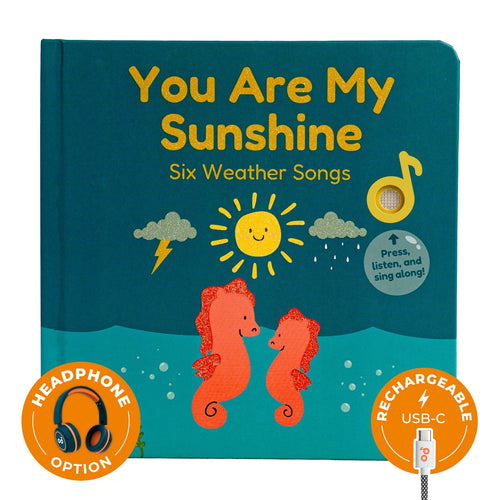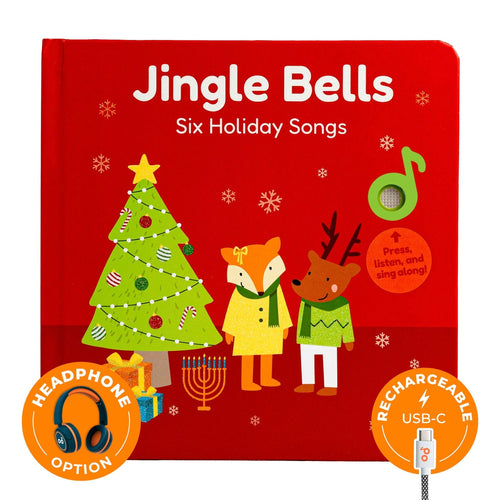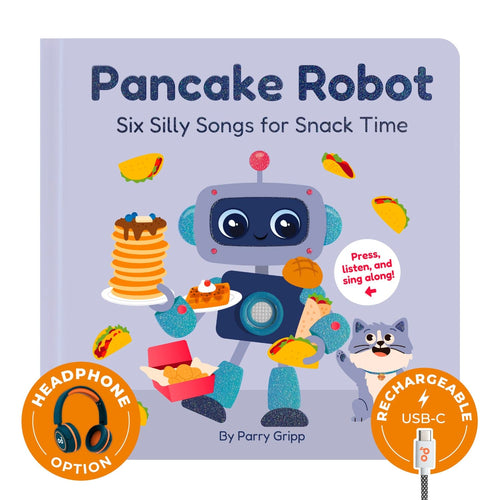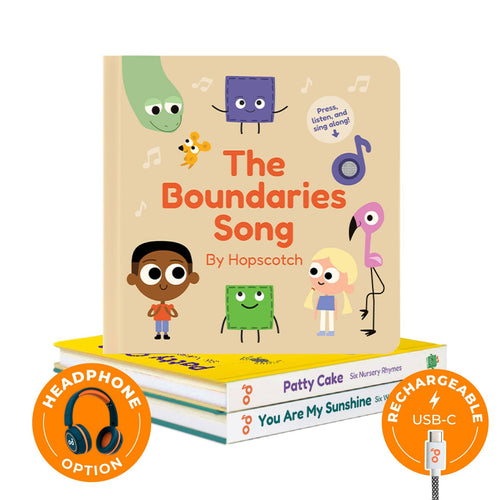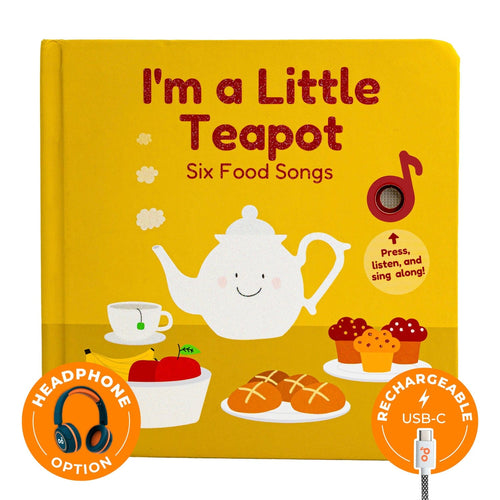When you hear the phrase “nursery rhyme,” you probably think of “simple”. They’re short, and obviously, have to be able to be understood by the youngest of us. But a lot of our feelings of simplicity come from the fact that they are so familiar. We hear them thousands of times by the time we’re adults and I’m sure you can recite dozens by heart without a second thought. But many of the rhymes hide a deep complexity. To me, they prepare us for the greater stories and experiences we’ll have throughout our lives.
Take “The Itsy-Bitsy Spider.” I’ll use that as my example today because it’s one of my favorites and has been one of the favorites of every kid in my family growing up.
First thought: It’s a boringly simple story. Not true! It follows perfectly the five-act structure made famous in Shakespeare’s plays. It starts with some exposition (“The itsy-bitsy spider went up to the water spout.”), the tension rises with the conflict and rising action (“Down came the rain and”) till the climax hits and calamity strikes (“washed the spider out.”). The matters begin to resolve in the falling action (“Up came the sun and dried up all the rain,”) and finally, we are left with the conclusion or denouement (“and the itsy-bitsy spider climbed up the spout again.”). It may have simple concepts, but that’s anything but a simple story.
Now, I’m not saying you should go explain Gustav Freytag’s Pyramid to your child so they can understand the deep hidden meaning of this tragedy of the tiny spider, but it’s a great introduction to the stories we love best. Whether it’s Hamlet or Endgame, we learned to appreciate heroic tales sitting on our mother’s lap.
The poem contains some pretty complex language structures, too. Take a look at the rhyme broken down as a sentence diagram. (Don’t worry! There won’t be a test. I know many people break down into panic sweats when they remember diagramming sentences in school.) Notice how involved those middle two bits are. When a sentence is simple, you can basically read the diagram left to right, but you can’t do that here. That’s not to mention all the tails and branches and implied words they contain! Plus, do you notice the symmetry? Without even knowing it, your teaching your child the beauty and the complexity of language and getting them ready to enjoy the language of poetry.

Finally, nursery rhymes not only help teach story and language, they’re an introduction to social interaction as well. For my family, who live so far apart from each other, Skype has fundamentally changed how we stay in touch with each other. My little niece has been so lucky that despite living so far away from aunts and uncles and grandparents, she still gets to see our faces almost every week. It’s so normal to her that my sister has to explain to her that sometimes she won’t be able to see our faces if it’s just a normal phone call. (I’m still not sure she fully understands this). I bring this up because, like me, The Itsy-Bitsy Spider is her favorite story and she lets us know that. Before she could even really talk, she would sit in front of the camera and touch index finger to index finger and thumb to thumb, over and over again until we obliged and sang the song to her. She’d join in the motions, and clap her appreciation when we finished. Or maybe (if the adults were having a conversation) we’d say no, and she learned to patiently wait and ask again when the timing seemed right. That’s incredible social knowledge that you can’t impart to a kid by explaining it, we pass it down through interactions like this. In this day and age of screens and instant gratification, those kinds of social skills are getting harder to impart to our kids, it’s important that we continue these old traditions that do just that.
There are so many other benefits that I could list. They teach us history and metaphor. They teach us patterns and numbers. They teach us humor and morals. I’m sure you could list more. (And I’d love to hear some of them in the comments!) So I hope we never look down on our trusted nursery rhymes for being too old and simple because they are wonderfully complex and some of the best tools we have for preparing our children for tomorrow.


